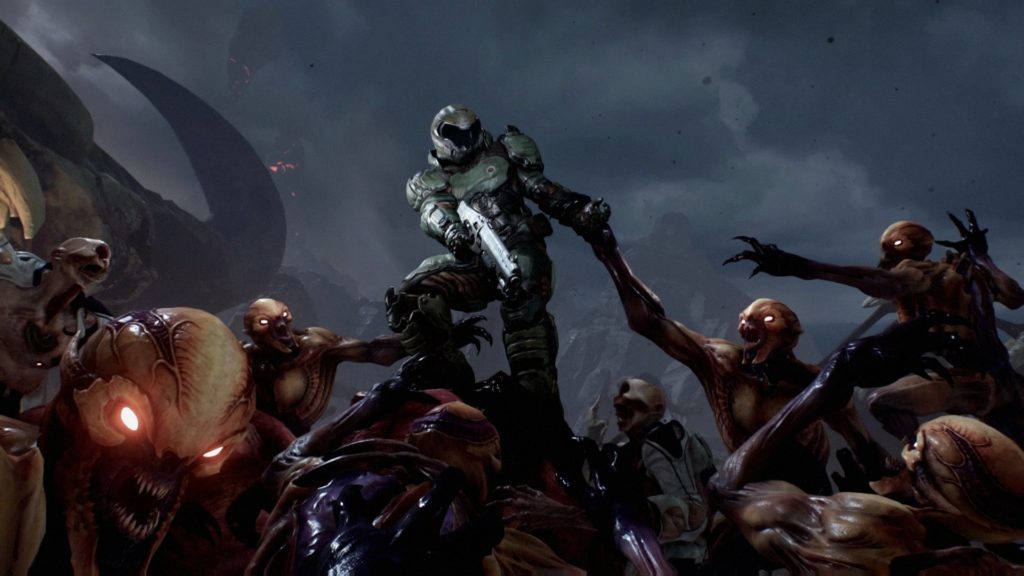
Most games require some skill. Without that requirement, they are not really games. It isn’t important for the average gamer to be especially skilled, but members of the enthusiast press should certainly have more than a passing familiarity with games they’re intending to review or present. Not only does it help impress your readers to at least show an effort when playing a game, it objectively unlocks more content for you to talk about in your review or presentation of the game. In any case, the instinct of wanting to be the best like no one ever was is a healthy pursuit.
A game journalist who’s unskilled at a game can still offer value to offset their lack of skill. For instance, if a game has a large difficulty spike, it’s the reviewer’s job to let the reader know when the game cools back down again–if it ever does. Challenging games can and should be fair game for critics. That being said, your words are only going to matter if you have a reasonable degree of understanding and proficiency in the subject you speak of.
In the wake of the recent half-hour Polygon playthrough of DOOM, there have been arguments disavowing the importance of being “good,” arguing for a need to kill the competitive spirit that’s at the heart of gaming. As evidenced by the footage, the person behind the controller is unable to grasp the basics of first person shooters. The unintentionally hilarious video provides little in the way of any actual insight into the game it’s supposed to demonstrate, and exhibits a lack of care for the game itself and how it’s presented. Its reception was precisely equal to the quality of the effort put into its creation.
https://twitter.com/notch/status/732514881711267840
https://twitter.com/notch/status/732863038441787392
Gamers with proficiency will naturally have more educated opinions than those without, by sheer virtue of having actual experience and familiarity with the subject. When you exhibit your lack of skill and knowledge in a publication geared towards a hobby with certain skill requirements, expect to be heavily criticized and mocked for your ineptitude. It would be like reviewing golf clubs in a sports magazine with no knowledge of how to play golf. Certainly, anyone is allowed to be unskilled at games and still enjoy themselves–that isn’t the issue. The issue is with professionals who are unfamiliar with the topics they’re paid to present or even write about.
If a game publication advertises the first 30 minutes of DOOM, the audience is entitled to the expectation that the person playing it is at least average in skill themselves. If you’re bad at the game, the audience will get a lot less out of it. Reviews are intended to serve the average every-gamer. A reviewer’s job is to provide some degree of insight to a video game, and inform the public of that in order to help them make their own decisions. Having higher expectations of a publication is what separates them from everyone else.
Gamers play games in order to beat them. When you defeat a hard boss, solve a difficult puzzle, or make your way to the top of the leaderboard, you feel pretty damn good about yourself. It’s a sensation that you’ll only get when you overcome a challenge. And the only way to do that is to get good, and that’s what gaming is all about. If you’re a games journalist who’s unwilling to do that, then really, why even game?

Leave a Reply
You must be logged in to post a comment.